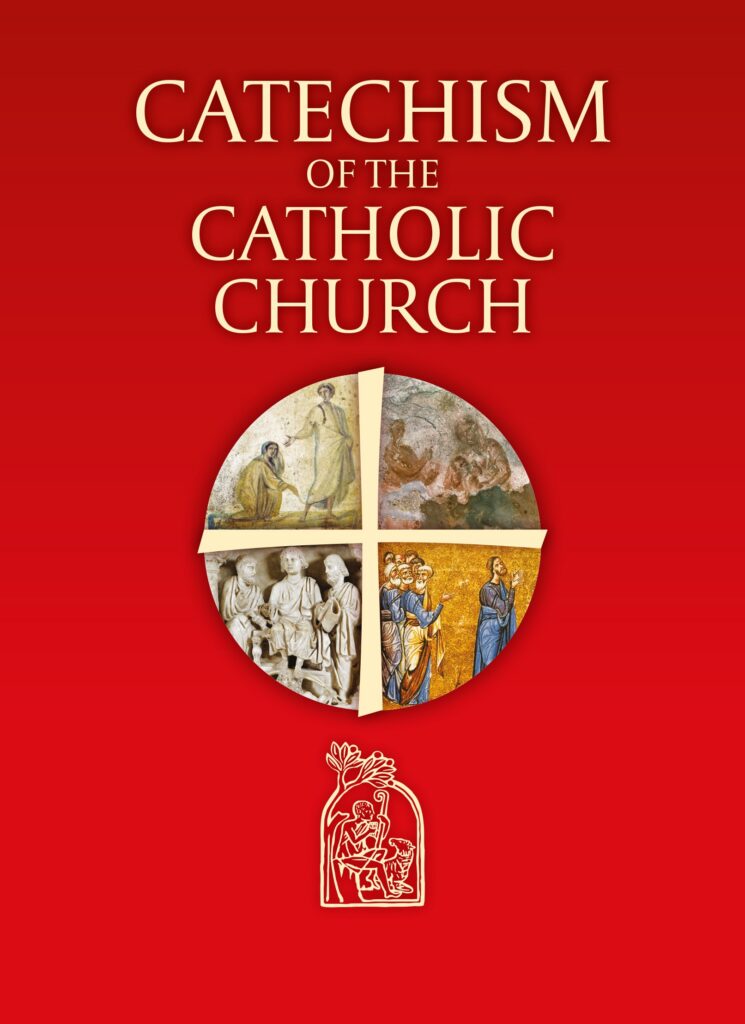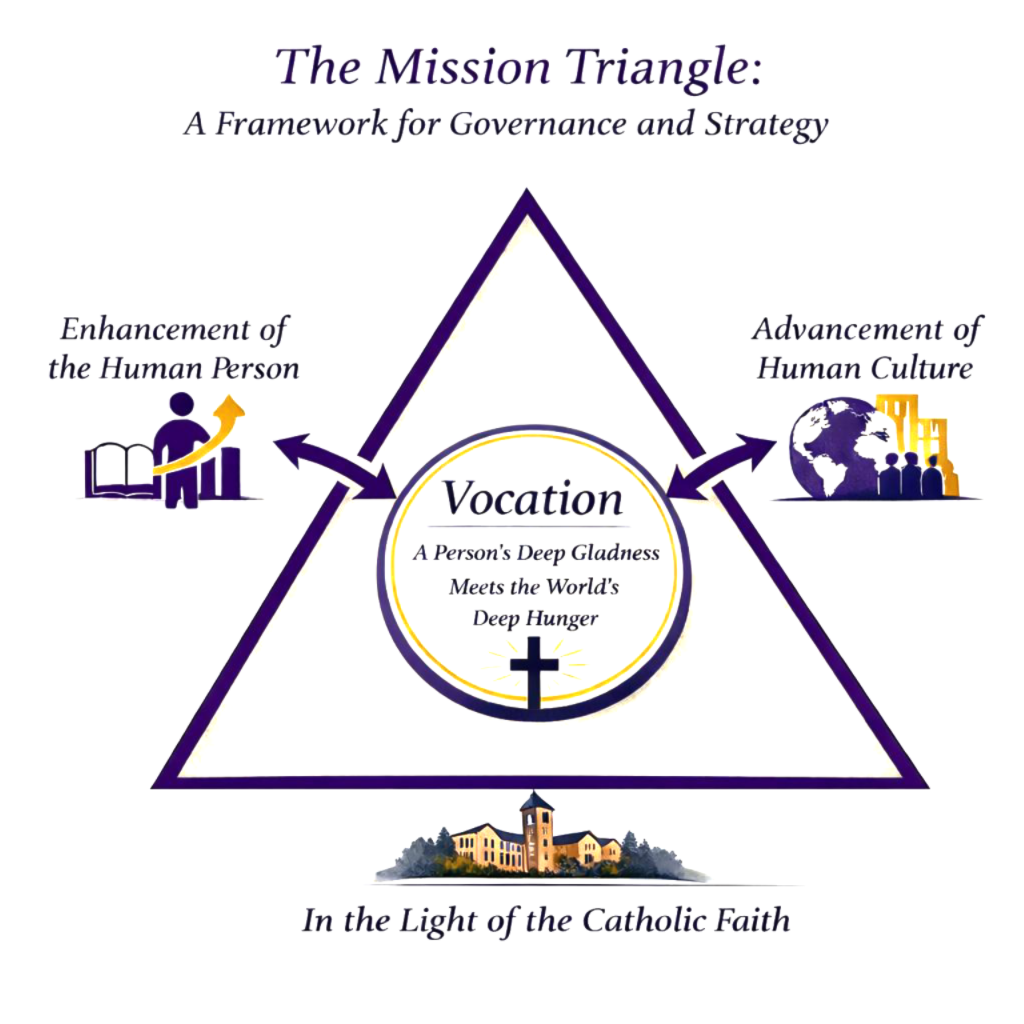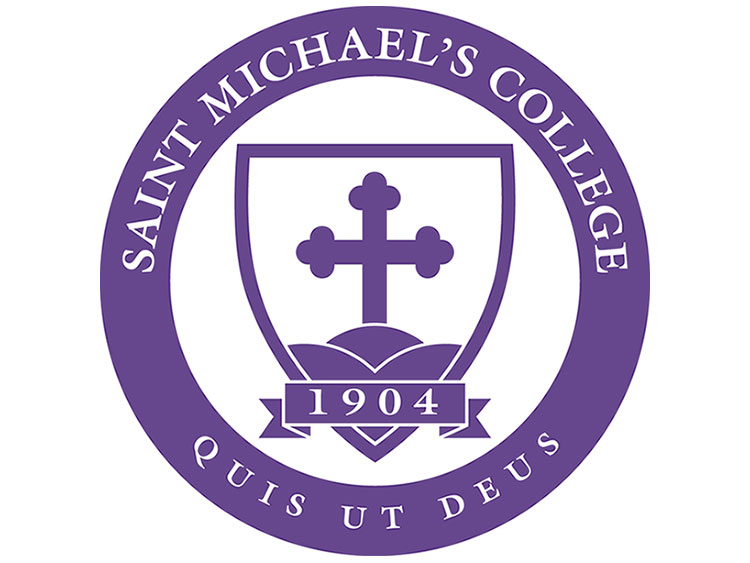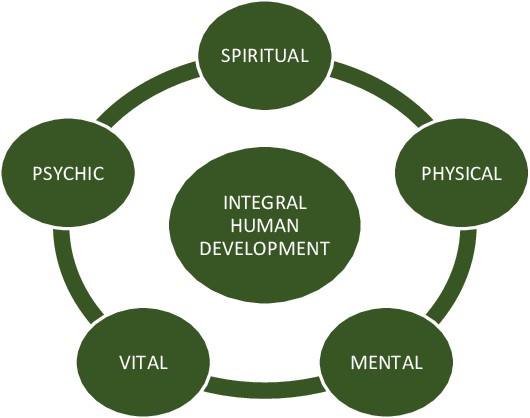Ripples on the Water: Life, Dignity, and the Beauty of Human Difference
The first principle of Catholic Social Teaching (CST) as taught by the U.S. bishops is simple in its clarity, yet profound in its implications: the life and dignity of the human person. Every human life is sacred. Each person possesses an inherent dignity that no circumstance, no condition, and no difference can erase. This conviction lies at the heart of the Catholic principles of social justice and forms the bedrock of a just society.
But where does this truth begin? It begins, fittingly, at the very beginning, in the book of Genesis.
 “So God created humankind in his image,
“So God created humankind in his image,
in the image of God he created them;
male and female he created them.” (Genesis 1:27)
This verse proclaims the shared origin of all human beings. We are united by a common dignity regardless of race, culture, gender, or language because we are each created in the image and likeness of God. Yet this same verse also signals difference: “male and female he created them.” From the very start, Scripture does not erase difference but acknowledges it. Unity and diversity are held together.
To explore this further, I would like to us an image that Rabbi Daniel Boyarin used in his work Border Lines: The Partition of Judeo-Christianity. Boyarin uses the image of ripples on the surface of water to describe the relationship between Judaism and Christianity. The ripples mark the distinctions between the two, yet beneath them lies a single, undivided body of water, a common source and a shared depth.
This image is very helpful in thinking about human dignity. Each of us as well as communities of people can be likened to a unique ripple on a body of water, shaped by our histories, our cultures, our experiences. Yet, we share a common human nature and are buoyed on by the same waters of our common humanity.
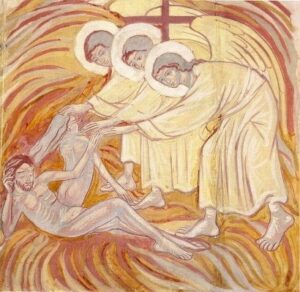 This reflection draws us deeper into the creation narrative in Genesis. And here, the work of Phyllis Trible, a pioneering feminist biblical scholar, offers a remarkable insight. Trible points out that in the Hebrew text, the human creature in the second chapter of Genesis is originally described not as male but as adam, a human being, undifferentiated. It is only with the creation of the woman that adam becomes differentiated as male. In speaking about the creation of Eve, Trible writes, “As bone of his bones and flesh of his flesh, she is his equal. Their union is mutual and reciprocal: she comes from man as he will come from her.”
This reflection draws us deeper into the creation narrative in Genesis. And here, the work of Phyllis Trible, a pioneering feminist biblical scholar, offers a remarkable insight. Trible points out that in the Hebrew text, the human creature in the second chapter of Genesis is originally described not as male but as adam, a human being, undifferentiated. It is only with the creation of the woman that adam becomes differentiated as male. In speaking about the creation of Eve, Trible writes, “As bone of his bones and flesh of his flesh, she is his equal. Their union is mutual and reciprocal: she comes from man as he will come from her.”
What a striking revelation. Difference, far from being a cause of division or hierarchy, is what brings fullness to our common humanity. Adam’s identity as male emerges only in relationship to Eve. Difference is not an accident of creation, nor a mark of inequality. It is essential to who we are as persons in our relation to others.
This theological insight finds resonance in our contemporary conversations about diversity, equity, and inclusion (DEI). While these terms are sometimes misunderstood or contested, at their heart they express a truth long known in the Catholic tradition: honoring human dignity means recognizing and valuing both what unites us and what makes us distinct. DEI efforts, when rightly understood, echo the wisdom of Genesis by acclaiming the richness of human diversity within a shared humanity. They challenge us to see difference not as a threat but as a gift, a reflection of the infinite creativity of God.
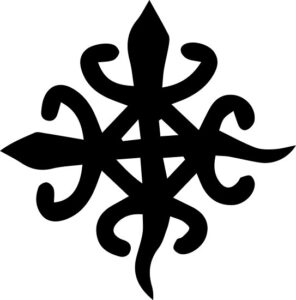
The Andinkra symbol for unity and diversity
Our differences, whether of gender, culture, race, ability, or belief, do not diminish our shared humanity. Rather, they are expressions of the divine creativity that enlivens creation itself. They are the ripples on the water: visible, meaningful, and beautiful, but always part of the same living whole.
CST, then, calls us not only to affirm the dignity we all share, but to celebrate the diversity that enriches the humanity. In our contemporary world, where difference is too often used as a reason for exclusion or division, this teaching offers a countercultural witness. It reminds us that to uphold the dignity of the human person is to embrace both unity and difference.
In Fratelli Tutti, Pope Francis writes, “The dignity of others is to be respected in all circumstances, not because that dignity is something we bestow, but because they possess it by their very nature as human beings.”
We are not called to flatten our differences, but to recognize them as gifts. To see the ripples, yes, but also to remember the waters that bear us all. In this way, we can begin to live out the first principle of Catholic Social Teaching, affirming the life and dignity of every person. In doing so, we bear witness to the God who created us, male and female, diverse and united, all made in God’s image.
If you would like to make a comment or ask a question, please feel free to contact me at dtheroux@smcvt.edu. Let’s talk.

For all press inquiries contact Elizabeth Murray, Associate Director of Communications at Saint Michael's College.

